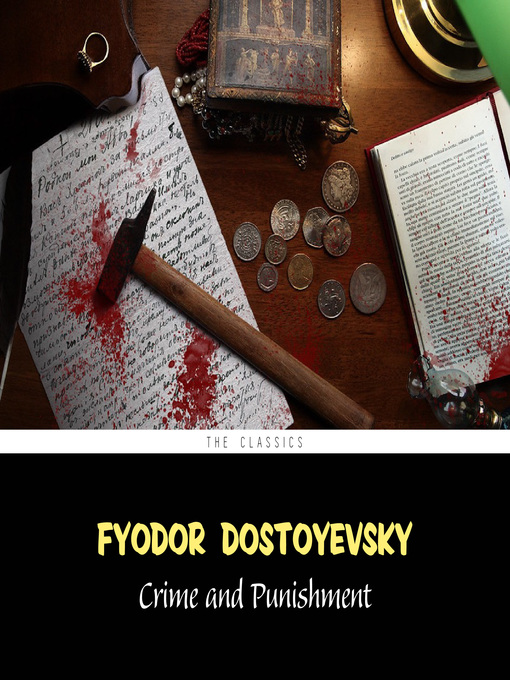- Popular Magazines
- Home & Garden
- News & Politics
- Food & Wine
- Celebrity
- Outdoor & Travel
- Art & Architecture
- Business & Finance
- Crafts
- Family & Parenting
- Boating & Aviation
- Science
- Photography
- See all
-
Description
-
Creators
-
Details
-
Reviews

- Fyodor Dostoyevsky - Author
- Mark Nelson - Narrator
OverDrive Listen audiobook
- ISBN: 9789895623013
- File size: 628389 KB
- Release date: November 22, 2022
- Duration: 21:49:08
MP3 audiobook
- ISBN: 9789895623013
- File size: 628466 KB
- Release date: November 22, 2022
- Duration: 22:00:08
- Number of parts: 22

Loading
Formats
OverDrive Listen audiobook
MP3 audiobook
subjects
Languages
English
Levels
Lexile® Measure:910
Text Difficulty:4-5
